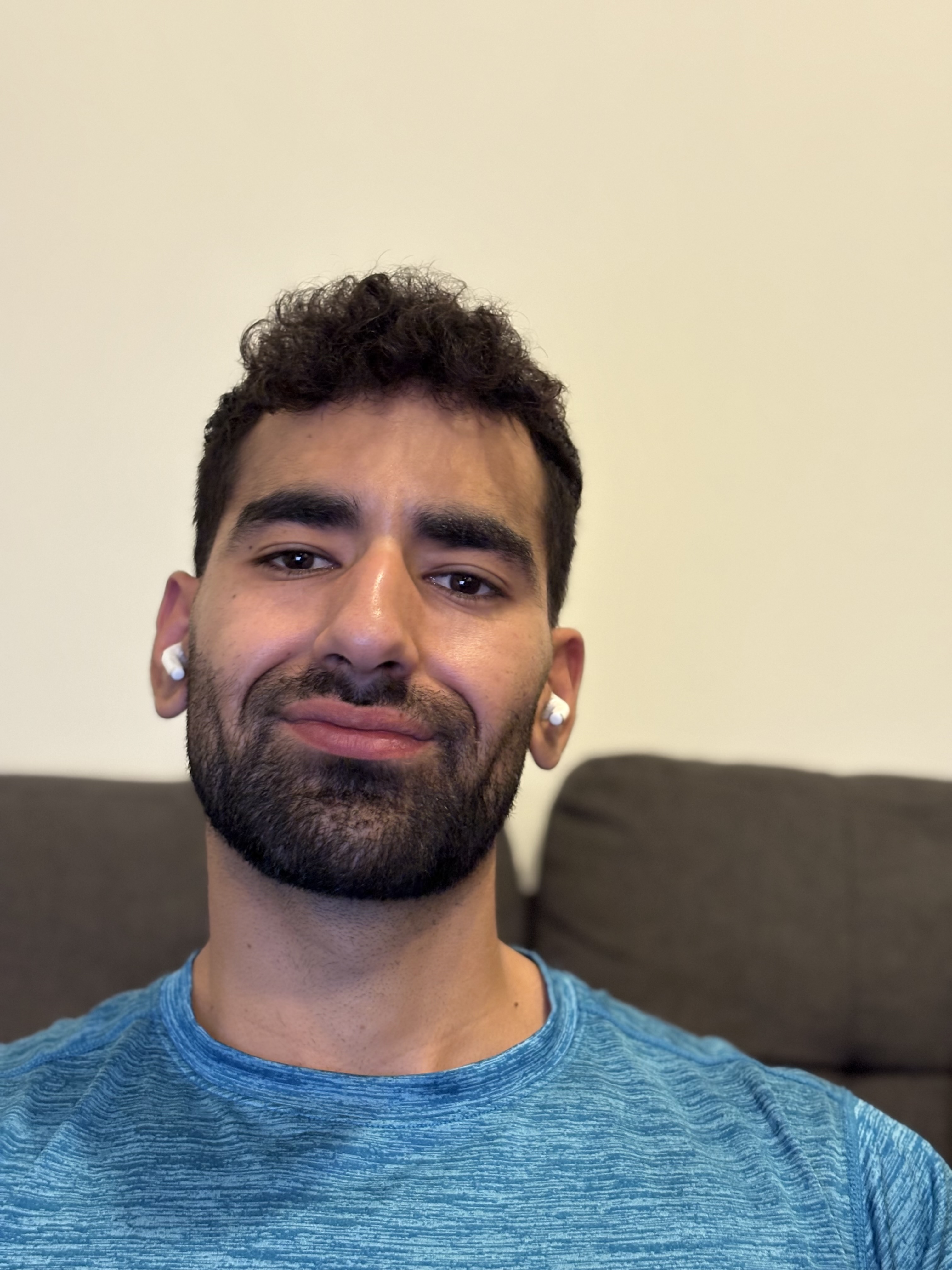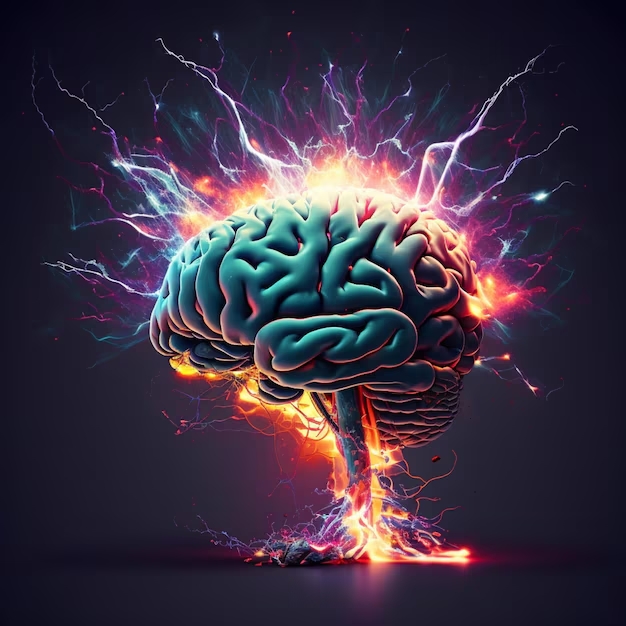
 ML Research Scientist @ Meta
ML Research Scientist @ MetaTL;DR
I am a Machine Learning Research Scientist @ Meta. I am working on Generative AI within Meta's Superintelligence Lab (MSL), currently focusing on image-to-video generation, one of the most exciting frontiers in multimodal AI. Previously, I obtained by PhD in Bioengineering at the University of Pennsylvania, advised by Dr. Flavia Vitale, in the Center for Neuroengineering and Therapeutics, where I developed scalable methods for neural decoding at different levels of neuronal resolution (EEG, sEEG/ECoG, microelectrodes).
Throughout the years, I have obtained extensive experience developing machine/deep learning frameworks with applications in genAI and brain computer interfaces. My work has been published at top-tier AI conferences (NeurIPS) and journals (Science Translational Medicine).

Action required
Problem: The current root path of this site is "baseurl ("_config.yml.
Solution: Please set the
baseurl in _config.yml to "Education
-
 University of PennsylvaniaPhD Bioengineering 🎓
University of PennsylvaniaPhD Bioengineering 🎓
MSE Robotics 🎓Sep. 2020 - Sep. 2025 -
 University of MichiganBSE Electrical Engineering 🎓
University of MichiganBSE Electrical Engineering 🎓
BSE Biomedical Engineering 🎓Sep. 2016 - Jun. 2020
Experience
-
 MetaMachine Learning Research ScientistOct. 2025 - present
MetaMachine Learning Research ScientistOct. 2025 - present -
 NeuralinkData Science InternJun. 2022 - Nov. 2022
NeuralinkData Science InternJun. 2022 - Nov. 2022
News
Selected Publications (view all )

A Scalable, Causal, and Energy Efficient Framework for Neural Decoding with Spiking Neural Networks
Georgios Mentzelopoulos, Ioannis Asmanis, Konrad P. Kording, Eva L. Dyer, Kostas Daniilidis, Flavia Vitale
Neural Information Processing Systems (NeurIPS) 2025
A Scalable, Causal, and Energy Efficient Framework for Neural Decoding with Spiking Neural Networks
Georgios Mentzelopoulos, Ioannis Asmanis, Konrad P. Kording, Eva L. Dyer, Kostas Daniilidis, Flavia Vitale
Neural Information Processing Systems (NeurIPS) 2025

Neural decoding from stereotactic EEG: accounting for electrode variability across subjects
Georgios Mentzelopoulos, Evangelos Chatzipantazis, Ashwin G Ramayya, Michelle Hedlund, Vivek Buch, Kostas Daniilidis, Konrad Kording, Flavia Vitale
Neural Information Processing Systems (NeurIPS) 2024
Neural decoding from stereotactic EEG: accounting for electrode variability across subjects
Georgios Mentzelopoulos, Evangelos Chatzipantazis, Ashwin G Ramayya, Michelle Hedlund, Vivek Buch, Kostas Daniilidis, Konrad Kording, Flavia Vitale
Neural Information Processing Systems (NeurIPS) 2024